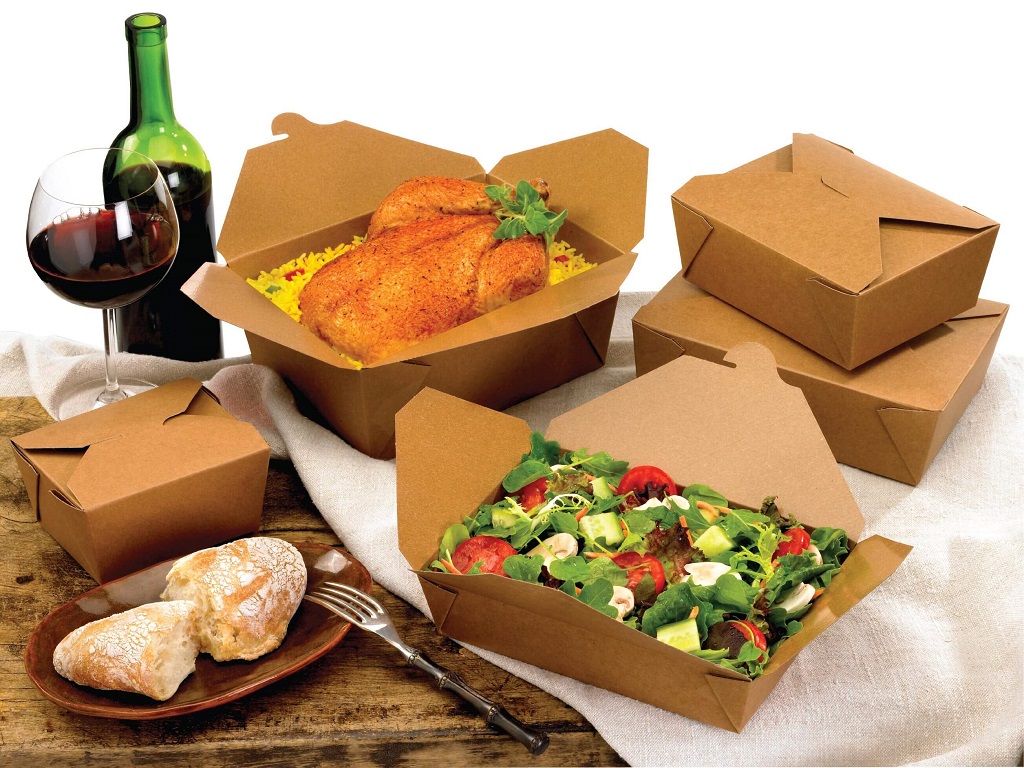
Are you ready to minimize your carbon footprint and join the movement towards eco-friendly home improvements? Do you ever wonder about the seemingly endless stream of packaging your meals often come packed in? Have you ever given a thought to how these contribute to our planet's health? Or is there a more reliable and eco-friendly solution to our habitual 'pack-and-go' routine that is quietly yet steadily harming Mother Nature? These are the empowering questions we will venture to answer in today's blog post: "Exploring Eco-Friendly Alternatives in Modern Food Packaging Techniques". Around the globe, innovators are redefining what it means to package food in a way that’s both convenient and sustainable.
In this comprehensive post, we'll delve deeper into the world of green packaging to understand why it's necessary, who is pioneering these changes and what the future of food packaging looks like. We're not just talking about using fewer plastic bags, friends! It's all about incredible edible plates, compostable spoons, and even seaweed water bottles that dissolve in your hands if left for too long. So, grab your reusable coffee cup, sit back and join me on this enlightening journey of discovery.
Why is Eco-Friendly Packaging a Must Today?
The dependence on single-use plastics for food packaging has resulted in an unprecedented environmental crisis- the Plastic Pollution. These non-biodegradable materials stay on Earth for hundreds of years, creating landfills and choking marine life. As conscious consumers and responsible earth-dwellers, it is our duty to seek alternatives. To eschew this nefarious dependency, conscious citizens and businesses are shifting towards more sustainable packaging methods.
Who Are the Innovators Pioneering This Change?
From startups like Evocative using mushroom-based materials for packaging to large conglomerates like Tetra Pak investing in biodegradable cartons, companies across the spectrum are heeding the call. Further, many eateries are now offering bamboo utensils and straws, refusing to add to the plastic problem already choking our oceans and landfills.
What Eco-Friendly Alternatives Are Available?
The range of eco-friendly alternatives to conventional food packaging is expanding every day. These include options that are biodegradable, reusable, compostable, or manufactured from recycled or renewable raw materials. Variants include Bagasse containers (made from sugarcane waste), PLA (Poly Lactic Acid) packaging (from cornstarch or sugarcane), bamboo or paper straws, to name a few.
Pros and Cons of Eco-Friendly Packaging
Every innovative solution brings its advantages and challenges along. On one hand, eco-friendly packaging reduces waste, greenhouse emissions, and dependence on non-renewable resources. On the flip side, it can be more expensive and isn't always as durable as conventional options.
How Can Consumers Encourage the Use of Green Packaging?
The choicest weapon consumers wield is demand. By demanding and favourably responding to products with eco-friendly packaging, we send out a strong message to manufacturers about our preference for greener alternatives.
The Future of Food Packaging: What Lies Ahead?
The future of food packaging will be inevitably moulded by the regenerative thinking aimed at our planet’s well-being. With the combined force of advancements in material science, biotechnology and a little creative thinking, we can look forward to a future of zero-waste dream coming true.
Conclusion
In conclusion, there's no doubt that eco-friendly alternatives in food packaging techniques pave the way for a greener planet. These solutions are already showing us that eco-consciousness and convenience needn't be mutually exclusive. It's a global problem, deserving global attention, and the answers lie within innovative ideas coupled with consumer demand and support. So, next time you visit your neighbourhood grocery store, comfortably refuse that plastic bag and proudly carry your own tote - every small act counts! After all, we have only one planet - let's vow to package, consume and dispose responsibly.



